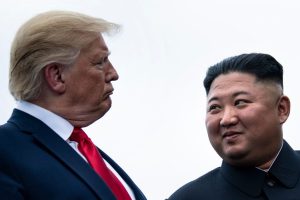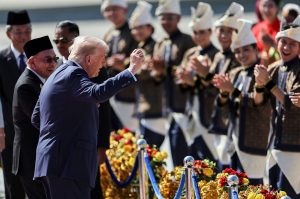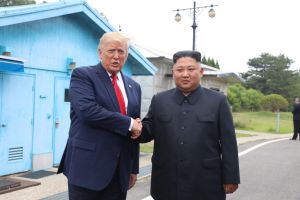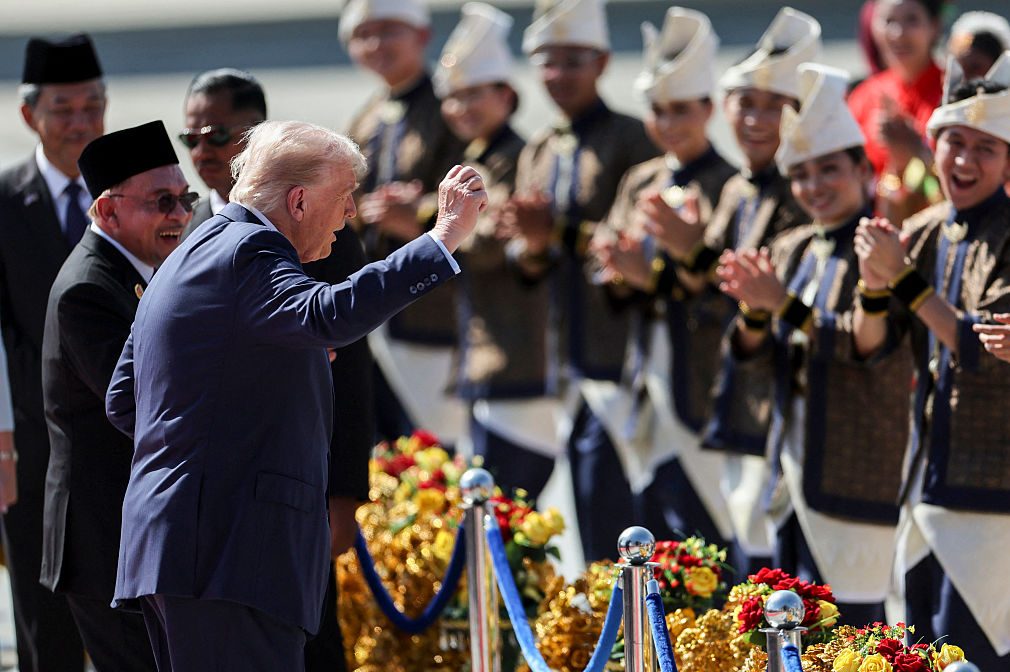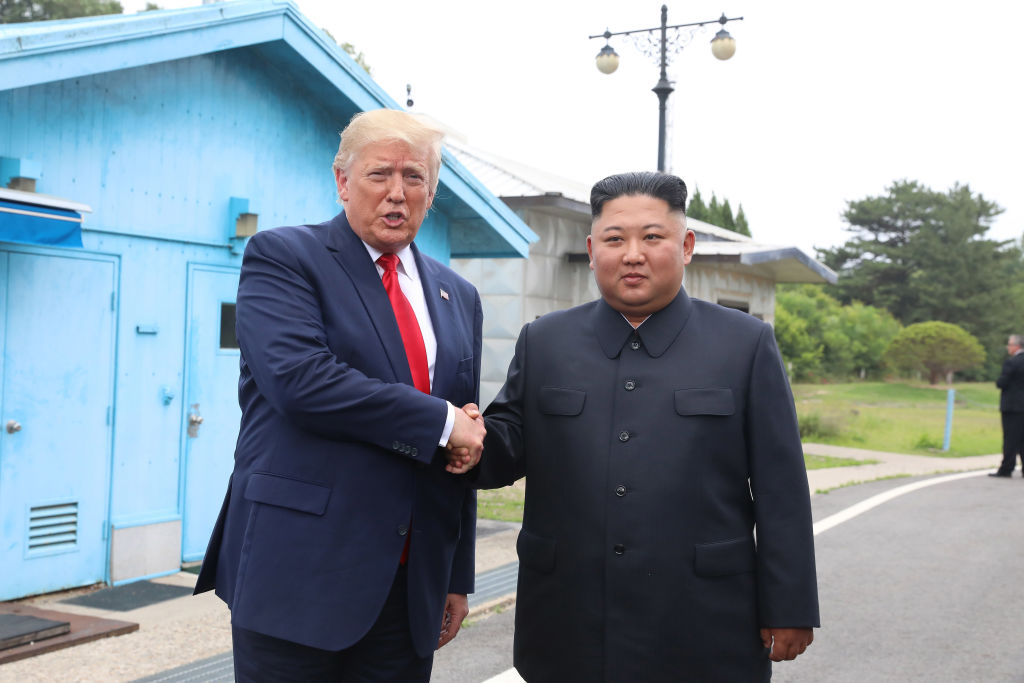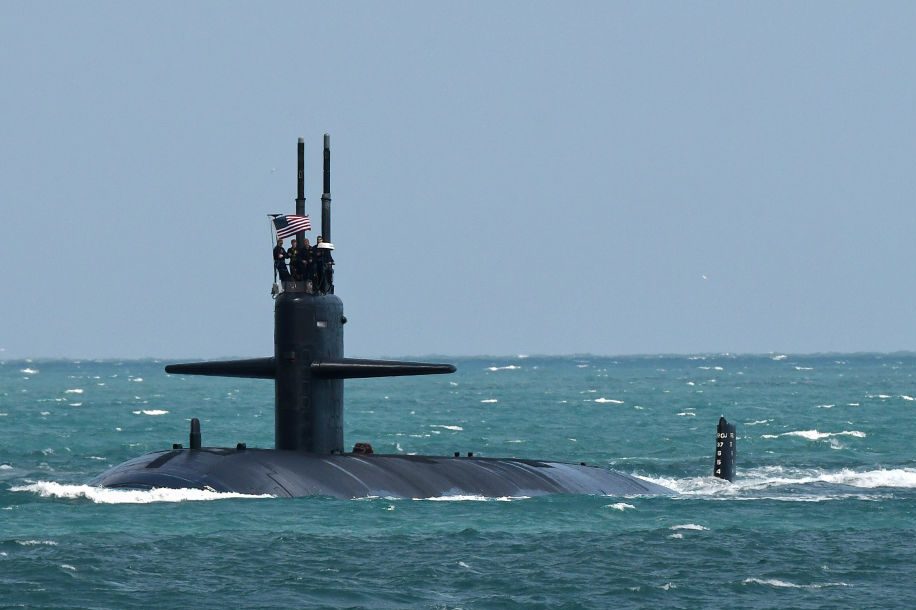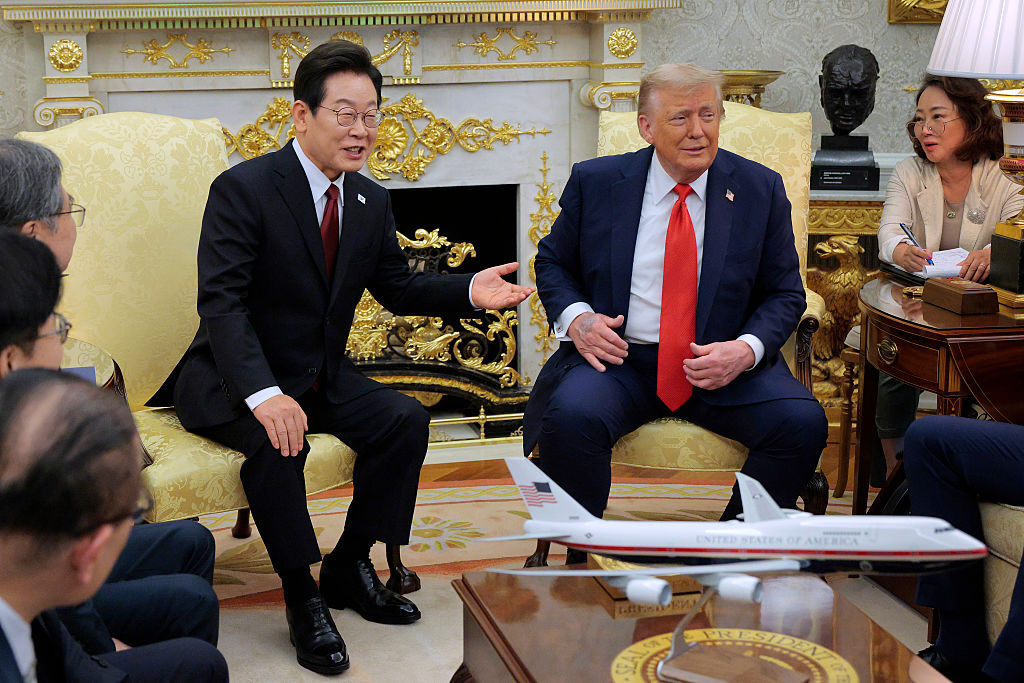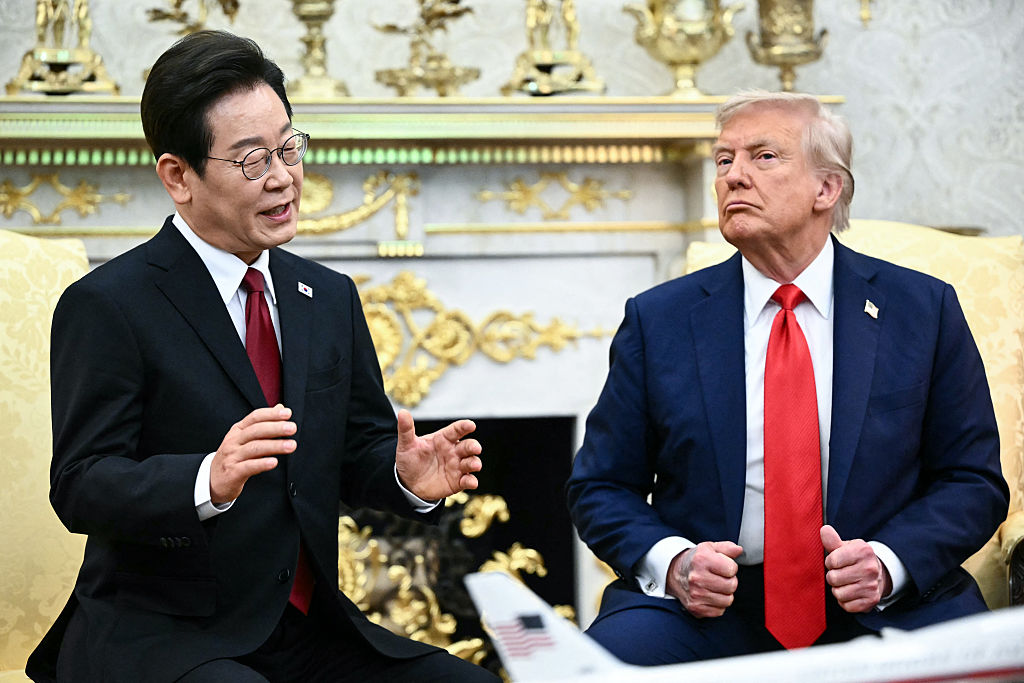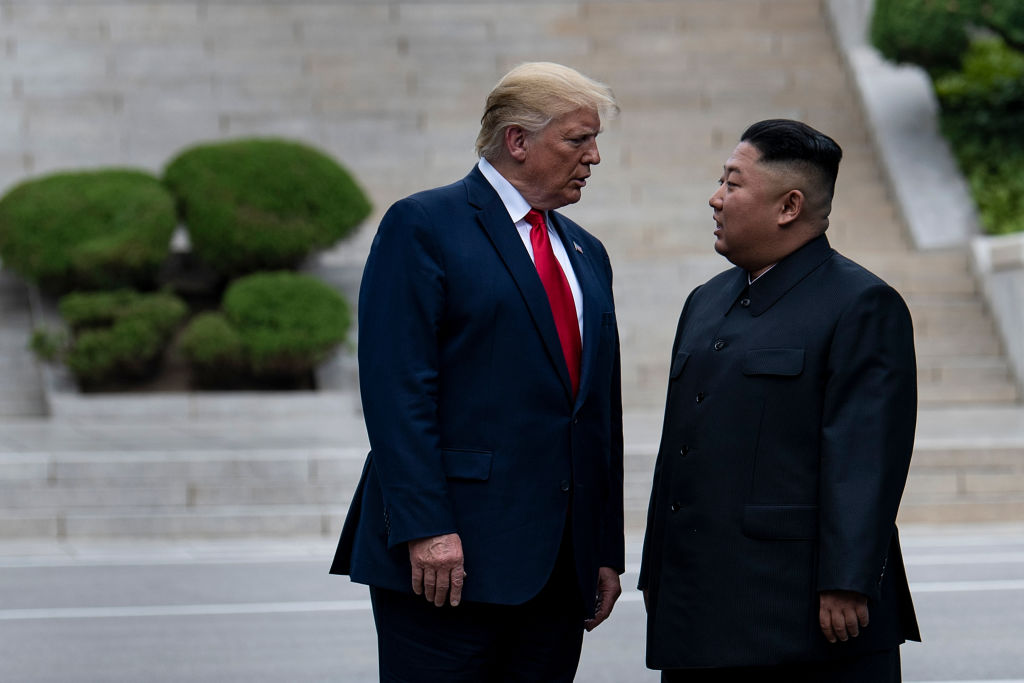North Korea has long been infamous for its hyperbolic rhetoric. While there are some subjects — such as the locations of its nuclear facilities — that it has so far managed to keep quiet on, the ongoing calls to oust South Korean president, Yoon Suk-yeol, following his botched attempt to impose martial law last week has proved too irresistible for Pyongyang to hold back on for long. After all, in North Korea’s eyes, any attempt to delegitimize South Korea is one worth taking.
North Korea’s week-long silence following Yoon’s bizarre invocation and revocation of martial law in the South last week was unusual. Pyongyang did not even conduct any missile launches. With President Yoon’s incredible act of self sabotage that caused disbelief even amongst his loyal supporters, the ensuing tumult in Seoul presented a convenient opportunity for Pyongyang to leverage the situation.
North Korea has been anything but a fan of Yoon, not least owing to his foreign policies
Indeed, only earlier this year, North Korean media reported on the comparably smaller-scale anti-government protests and so-called candlelight rallies in the South, agreeing with the sentiment of protesters who demanded Yoon’s impeachment. Amongst other issues, these protesters objected to his plans to reform the medical sector — which saw around 75 percent of the country’s junior doctors walk out, earlier this year — as well as his alleged interference in a military investigation into the death of a South Korean marine in 2023.
Yet, following last week’s far more significant martial law fiasco — first instated, then repealed — the world would have to wait nearly ten days before North Korean state media outlets issued their first response. Deriding Yoon as having thrown South Korea into “chaos and pandemonium,” North Korean newspapers accused the South’s president, whom they called a “fascist dictator,” of “brandishing blades and guns” against his own people. State media emphasized the mass nationwide demonstrations against the President across South Korea, highlighting the “cries of anger” against Yoon and his administration, not least in the capital. What is more, in what was perhaps a curious appeal to international authority — given their usual dislike of doing so — North Korea’s response made clear how recent events in Seoul underscored “South Korea’s vulnerability” in the eyes of international observers.
It goes without saying that North Korea has been anything but a fan of Yoon, not least owing to his foreign policies, which have sought to strengthen South Korea’s ties with the United States. Months after he narrowly defeated his rival — the leftist candidate Lee Jae-myung — in the presidential elections of April 2022, North Korean media threatened to “annihilate” the Yoon regime and its military “gangsters.” It accused them of “confronting” North Korea by conducting military exercises with the United States, and making “imprudent remarks.” Over time, as Yoon rightly sought to bolster Seoul’s alliance with Washington in the face of North Korea’s rising aggression, Pyongyang predictably showered the South Korean president with the epithets of “warmonger,” “puppet traitor,” and “sycophant.”
It’s not just the Yoon administration who have received such treatment. Who can forget when in January 2016 the conservative South Korean administration of Park Geun-hye saw North Korea dropping over one million leaflets into the South containing cartoons lampooning the then-president. These leaflets also included slogans urging North Koreans to “beat down Park” for spreading “psychological warfare,” as well as calls for the United States (then under Barack Obama) to “surrender its anachronistic hostile policy” towards North Korea. In December that year, after Park was impeached, Pyongyang’ leaflets became even more sexually explicit, decrying Park as a “woman of loose morals” and an “oversexed witch.”
Eight years on, and another South Korean president is once again facing the possibility of impeachment. Lawmakers of the leftist Democratic Party are hoping to have a more successful Saturday than last week’s failed vote to get rid of Yoon.
Increasingly the situation has turned against the president. This week he was been barred from leaving South Korea — together with his former defense minister, defense counterintelligence commander and chief of the army staff — whilst under investigation for inciting an insurrection over his declaration of martial law. Earlier this week, too, eighteen investigators raided the president’s office to seek material related to the martial law decree, in a move which opposition parties (and those who oppose the president from within his party) hope can lead to Yoon’s removal, sooner rather than later. Even despite the resignation of the now-former South Korean defense minister, Kim Yong-hyun, things are not even close to being over. Kim was arrested on Sunday for his role in proposing the imposition of martial law and subsequently threatened to commit suicide.
We will have to wait until Saturday to see if it will be second time lucky for those across the political spectrum who support Yoon’s impeachment. Even the representative of the ruling People Power Party, Kim Jae-seop, has urged his party’s members to “support” the impeachment. But if there’s one lesson that North Korea’s response can teach us in the West, it is that if words become overused, their meanings become abused. This lesson is particularly important at a time when society — whether policymakers, university academics, students, or others — is all too quick to criticize and “cancel” such a wide range of actions as “violent,” “fascist” or as consequences of “power dynamics” (whatever these ill-defined terms mean).
Even as its domestic chaos continues, South Korea is anything but a “fascist dictatorship.” But as President Yoon’s behavior has shown the world: it’s not only actions that matter, but words too.










